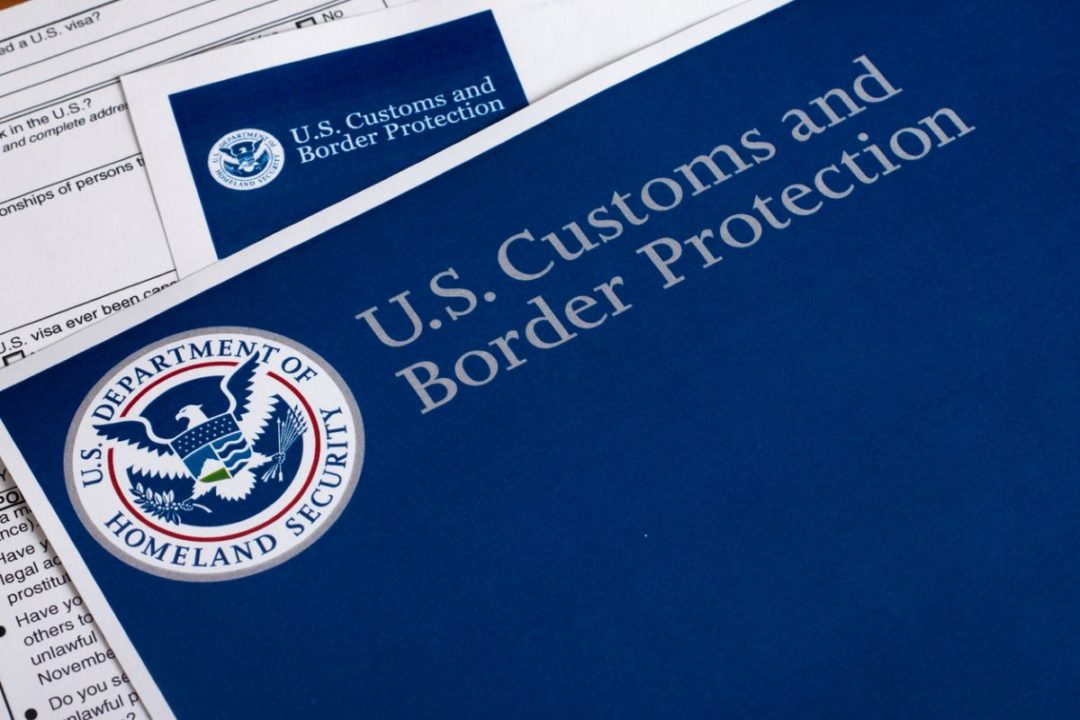
Visit Our Sponsors |
|
|
|
|
|
|
|
|
|
|
|
|
|
|
|
|
|
|
|
|
|
|
|
|
|
|
|
|
|
|
|
|
|
|
|
|
|
|
|
|
|
|
|
|
|
|
|
|
|
|
|
|
|
|
|
|

Photo: iStock.com/danielfela
A new set of regulations by U.S. Customs and Border Protection (CBP) promises to make it easier for smaller customs brokers to operate on a national scale. But they also carry a sting.
The “modernized” regulations “were designed to reflect the contemporary business environment and to enable customs brokers to meet the challenges of the modern operating environment,” AnnMarie R. Highsmith, assistant commissioner in the Office of Trade Executive, said in a statement. She added that the final rules were the product of a lengthy review by CBP, the Commercial Customs Operations Advisory Committee (COAC) and the broker community.
Among the immediate effects is an increase in customs broker license application fees, to cover the additional cost of implementing new licensing guidelines. But it’s the latter that promise to have a big impact on the day-to-day operations of customs brokers large and small.
The regulations require national certification of brokers while simultaneously eliminating the need for local licensing. In the past, a broker operating in, say, six locations would have to possess separate licenses at each of them, notes Matt Haffner, vice president of customs brokerage with OEC Group. Both CBP and the broker community felt that, in the age of remote electronic filings, there was no longer a need for that type of specialized authorization. The agency “has eliminated local permit requirements and is converting everyone over to a national license,” he says. “Small, medium and large brokers can now operate at any ports they desire.”
Procedures at various port centers continue to vary, of course, and brokers aren’t off the hook for knowing local protocols. Customs still believes there’s a need for a high level of expertise and knowledge at each location, Haffner says, and intends to offer guidance on what constitutes “responsible control” over local operations.
Exactly what form that guidance will take isn’t clear, Haffner says, but is likely to include a requirement for continuing education, a designated ratio of licenses to local employees, and maintenance of a compliance manual dictating standard operating procedures.
All that aside, “at the end of the day, a small, one-person broker can now operate under national licensing at any location,” Haffner says. It’s a rare example of a new regulation actually easing the administrative burden on the affected parties.
Along with this welcome change, however, comes a requirement for a higher level of responsibility and control by customs brokers to identify and report both physical and electronic security breaches. They haven’t been specifically required to do so in the past. Now, they must notify CBP within 72 hours of the discovery of a breach of their records — and let their importer clients know at the same time.
Other industries are well ahead of the broker sector in dealing with breaches in a manner that ensures the safety of the commercial public, Haffner says. And while timely notification is the smart and prudent thing to do, it hasn’t been required of brokers up to now.
Complicating matters is the growing complexity of international logistics. Once brokers enjoyed a mostly direct relationship with importers, but the emergence over time of third-party logistics providers, express consignment and other entities has muddled those lines of communication. Today, says Haffner, an importer employing the services of a logistics intermediary might not even know the identity of the broker that’s clearing its shipments.
Over the years, Haffner says, CBP became concerned about a weakening of the direct link between broker and importer. “Customs wanted to clarify its strong belief that this relationship needs to remain in place.”
A broker’s ability to keep tabs on security breaches, and rapidly report them to the importer, depends in part on whether it created its own operating system or is using a third party for notification, Haffner says. Either way, the broker must now be able to provide documentation of its relations with importers.
The best way to achieve that, he says, is through the power of attorney process, specifying who has control and responsibility over shipments. Even if there’s a door-to-door move or express consignment involved, the underlying broker’s identity must be clear. After all, notes Haffner, “the importer is ultimately responsible for the declarations that the broker is making.”
Also soon to come from CBP is clarification of the procedures for validating power of attorney — who’s signing it, whether the employers’ identification number (EIN) is correct, the identities of all parties involved, and possibly the need for furnishing a government ID of the person signing the POA.
“All brokers will have to follow the same level of scrutiny to validate a POA,” Haffner says, adding that the National Customs Brokers and Forwarders Association of America (NCBFAA) “asked Customs to get their regulations in place so everyone is on the same playing field.”
The broker industry is also waiting to hear from CBP as to what constitutes an acceptable level and frequency of continuing education, as a replacement for the local licensing requirement, Haffner says. That clarification is expected in the coming weeks.
RELATED CONTENT
RELATED VIDEOS
Timely, incisive articles delivered directly to your inbox.







